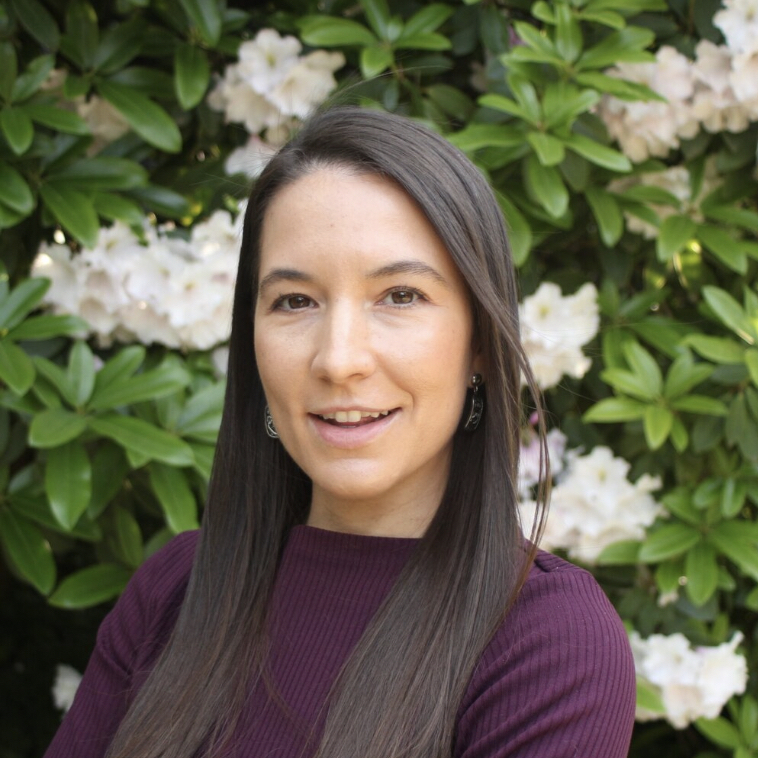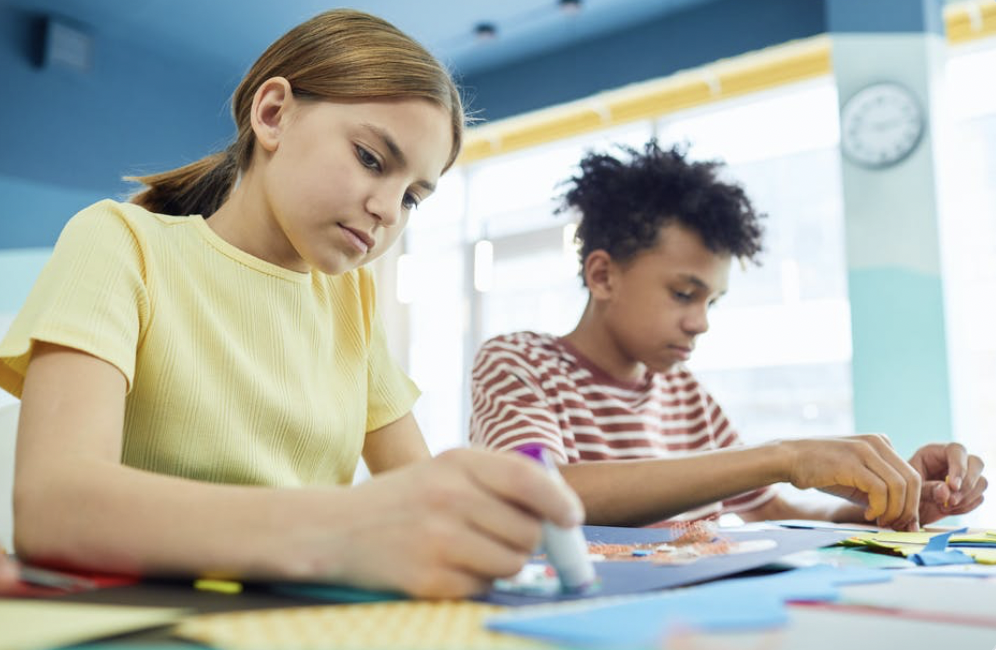Updated 07-15-2022
By Leah Bueso
Civic Engagement Research Group, University of California, Riverside
“Disability is a natural part of the human experience and in no way diminishes the right of individuals to participate in or contribute to society.”
- Individuals with Disabilities Education Act of 2004
The first time I read Congress’s statement above, I couldn’t help but wonder whether my vision for what it means to “participate in or contribute to society” was anywhere close to that of our legislature. At the time, I was a special education teacher in New York City and most of my job felt like a race to boost students’ standardized test scores in reading and math. In fact, my students were routinely pulled from “nonessential classes” like social studies and science to receive their specialized and related services.
To be sure, it is essential that all students are provided with opportunities to learn to read, write, count, and compute. These are foundational skills necessary for the pursuit of further education, employment, and independent living. But students with disabilities also deserve to be prepared to participate in our democratic society. Indeed, any meaningful commitment to respecting students with disabilities as competent, contributing citizens requires preparing them to advocate for themselves and for others as fully as possible, which in turn requires high-quality civic learning opportunities in our schools.
Unfortunately, very little is known about the high-quality civic learning opportunities provided to students with disabilities. While numerous studies have documented the benefits of high-quality civic learning for youth in general, we know these benefits are not equally distributed among student groups. White students, economically advantaged students, and students in higher tracked classes are the most likely to participate in high-quality civic learning opportunities, whereas students with disabilities are largely absent from such research and policy discussions.
To address this gap, I conducted a study that explored the current landscape of civic education for students with disabilities by examining the extent to which they receive equitable exposure to high-quality civic learning opportunities and engage civically within their communities. Drawing on more than 48,000 survey responses from high school students in Chicago Public Schools, this appears to be the first large-scale empirical study to examine these indicators for students with disabilities.
Based on a long history of marginalization in schools and a relative absence from the civic education literature, I would not have been surprised to find that students with disabilities were exposed to fewer civic learning opportunities and less likely to engage civically within their communities compared with students without disabilities across the board. But the results of this study turned out to be much more nuanced. On the one hand, students with disabilities were less likely to participate in discussions about controversial issues and the credibility of online information in their classes, but on the other hand they were more likely to participate in service projects and engage politically online. And, perhaps consequently, students with disabilities were found to be less interested in following local and national issues, but more likely to volunteer in their communities.
The clear distinction between students with disabilities’ exposure to discussion-versus service-based civic learning opportunities raised a number of red flags and took me straight back to my teaching days in New York City. Why is it that we better facilitate some learning opportunities for students with disabilities, but not others? Do we value the civic contributions of students with disabilities differently than students without disabilities? Do educators maintain deficit models of thinking about the abilities of students with disabilities to contribute in schools and society?
If we facilitate opportunities for students with disabilities to serve and volunteer, but not to discuss and deliberate, we are not developing full civic actors. Although community service is certainly a noble and worthwhile experience for anyone to take part in, it only represents one dimension of democratic activity. Inclusive class discussions, on the other hand, can provide all students, but especially students with disabilities, with critical opportunities to engage with issues, share their thoughts and ideas, and have their opinions matter. In this way, making the space for students with disabilities to become thoughtful actors in a democratic society, rather than just actors, better supports the true purpose of civic education.
As I continue my research in this area, I hope to expand our understanding of which students are included in civic education and in what ways because these efforts communicate important lessons about who is a valued member of “we the people” and the school community. Indeed, my vision for what it means for students with disabilities to “participate in or contribute to society” relies on it.
Read the full study, Civic Equity for Students with Disabilities, in Teachers College Record. (2022).





